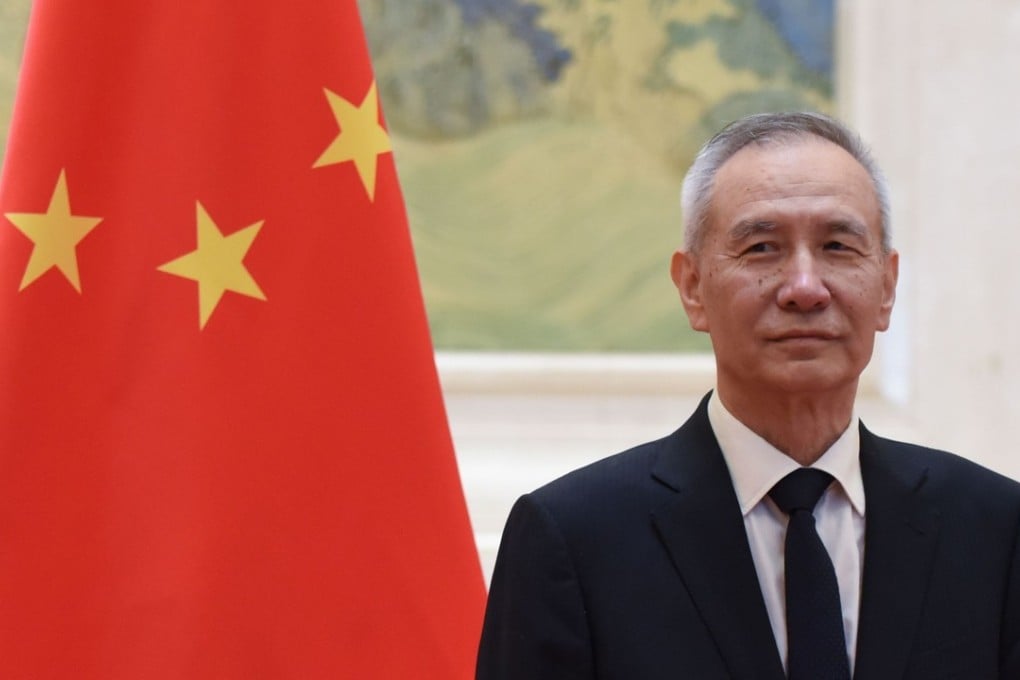US-China trade war: visit to Washington by Beijing’s top economic adviser Liu He cancelled, source says
US should ‘correct its mistakes’ on handling of issue, foreign ministry says, as Donald Trump boasts of having ‘more bullets’

The source, who asked not to be identified, said that a delegation led by Liu was set to hold talks in the US on Monday and Tuesday but that the trip had now been scrapped.
His comments confirmed a Post report published on Tuesday that said the meeting was in jeopardy as the US had failed to meet the precondition of “showing goodwill” with regards to seeking a resolution to the conflict.
Instead, US President Donald Trump on Monday escalated the hostilities by imposing 10 per cent tariffs on almost half of all goods it imports from China.
On Friday, China’s foreign ministry reiterated its view that trust and respect were key to resolving the trade war.